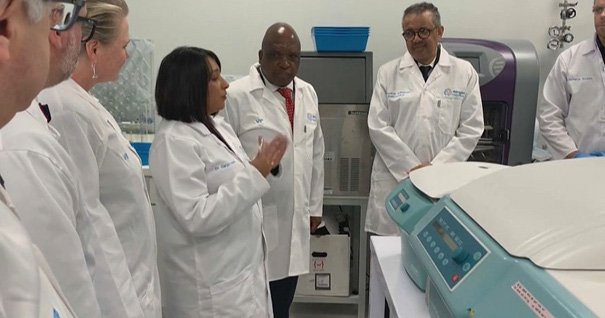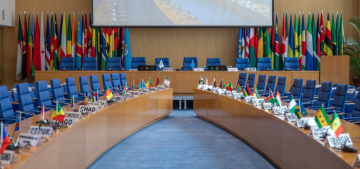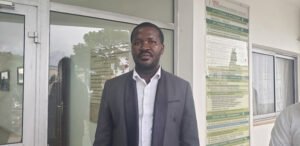South Africa : WHO inaugurates RNA vaccine hub

Launched during the Covid-19 pandemic by the World Health Organization, the first messenger RNA technology transfer hub was officially inaugurated on 20 April 2023 in Cape Town to manufacture vaccines locally, along with other low-income countries, and no longer rely entirely on global supply.
Divine KANANYET
The WHO-inaugurated centre is run by the South African biopharmaceutical
company Biovac, the biotechnology company Afrigen and the South African Medical Research Council. Although it is currently focused on developing an RNA vaccine for Covid, its ambition goes far beyond that, according
to WHO chief Tedros Adhanom Ghebreyesus. “The messenger RNA technology
transfer programme holds great promise, not only for facilitating access to vaccines against Covid-19, but also against other diseases, for which vaccines do not yet exist or are insufficient,” he told RFI. The continent wants to produce 60% of its vaccines locally by 2040.
The vaccine can be kept at relatively warm temperatures, making it easier to store in low- and middle-income countries where extreme refrigeration can be difficult. “This mRNA platform programme is the only one in the world. It is a global mRNA technology transfer programme that spans four continents and includes fifteen countries in common,” explains Petro Terblanche,
Afrigen’s managing director. The vaccine candidate, which has yet to be tested in people, is the first to be made from a widely used vaccine without the assistance and approval of the developer. It is also the first RNA vaccine designed, developed and produced in a laboratory on the African continent.
Technology platform
South Africa plans to create vaccines not only against the coronavirus but also against other diseases on the continent. “Our vision for the messenger RNA technology
transfer centre goes beyond Covid-
19. The capabilities we are building seek to equip us to deal with other future pandemics with vaccines that could use the messenger RNA technology platform,” said South African Higher Education Minister
Blade Nzimande. He said the centre could create vaccines for malaria, tuberculosis
and HIV and AIDS. After three years of the pandemic, 70% of the world’s population
has received at least one dose of a vaccine by March 2023, but this figure is still less than 30% in low-income countries, according to the WHO. This major project for Africa has cost $117 million and has received
major support from the European Union, France, Germany and Canada.















